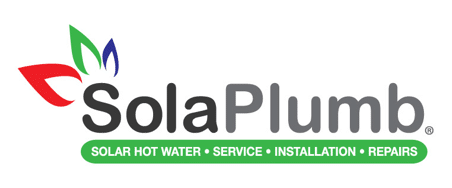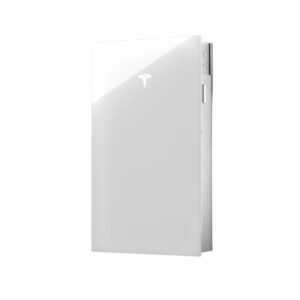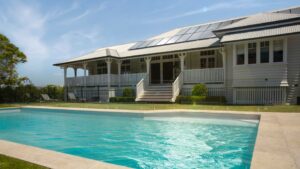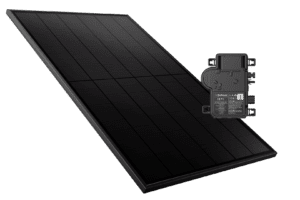Maintaining a solar water heater is not as difficult as you may think. However, there are some key things you can do to keep your system running efficiently and help prolong its lifespan.
Check out these five tips on how to clean and maintain your solar water heater!
1. Keep the area around your solar water heater clean and free of debris.
Over time, leaves and other organic matter can build up around the base of the heater, blocking sunlight and causing the unit to work less efficiently. In addition, debris can clog the system’s pipes and valves, preventing proper circulation.
To maintain peak performance, sweep away any leaves or other debris that have gathered around the base of your solar water heater. Once a month, inspect the unit for any signs of damage or leaks and contact a professional if you notice any problems.
Solar water heaters are a great investment for the environment and your wallet.
With just a little bit of care, your solar water heater will provide years of trouble-free operation.
2. Have your solar water heater serviced by a professional every 3-5 years.
Although solar water heaters are designed for long-term operation, they will eventually need to be serviced by a qualified technician. Depending on the type of system you have, you may need to have it serviced as often as every three to five years.
Remember that prevention is the key to maintaining any type of mechanical system, including a solar water heater.
During a service call, the technician will check all of the system’s parts for wear and tear. They will also clean the unit, flush the pipes, and refill the antifreeze solution if necessary. By having your solar hot water service done regularly, you can ensure that it continues to operate at peak efficiency.
3. Check the fluid levels in your solar water heater regularly.
Solar water heaters rely on a circulating fluid to transfer heat from the sun to the water inside the tank. Over time, this fluid can become depleted, causing the system to lose efficiency.
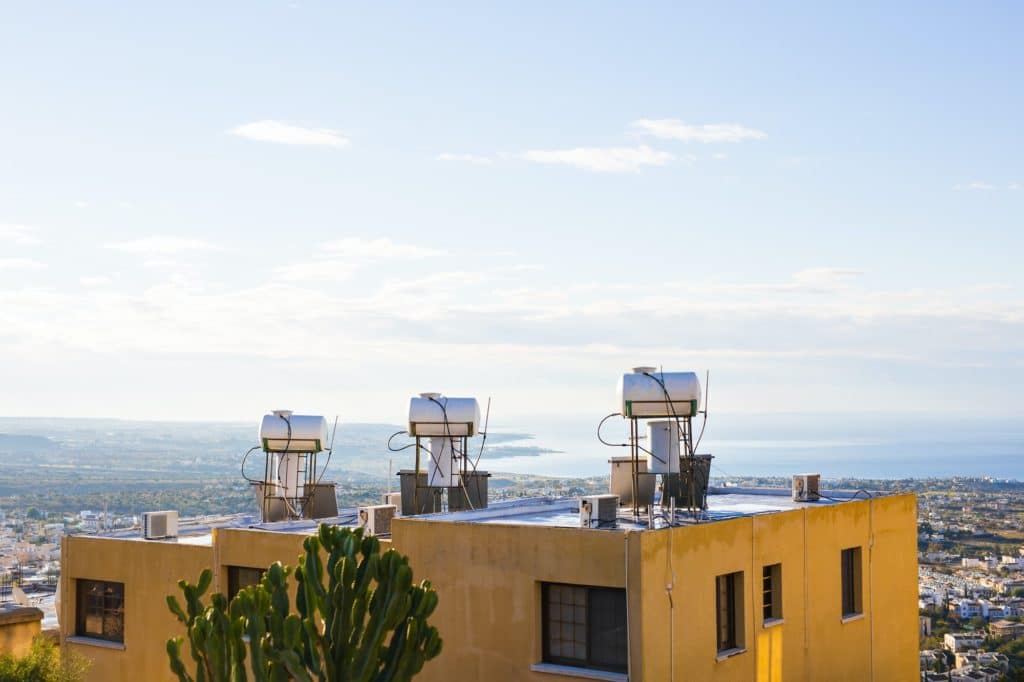
To keep your solar water heater running at its best, check the fluid levels every six months or so. If you notice a drop in fluid levels, top it off with distilled water.
If you have an automatic solar water heater, you may not need to do this step as often. Check your owner’s manual for more information on how to maintain your specific model.
4. Inspect the solar panels regularly.
The solar panels are the most important part of the system, so it’s important to keep them clean and free of debris. Inspect the panels at least once a month to make sure they’re in good condition.
If you live in an area with a lot of dust or pollen, you may need to clean the panels more often. You can use a soft brush or cloth to gently remove any build-up on the panels. Be careful not to scratch the surface.
Keep an eye out for animals nesting on or near the solar panels. Birds, squirrels, and other critters can damage the panels or the system itself. If you see any animals around the panels, shoo them away and call an exterminator if necessary.
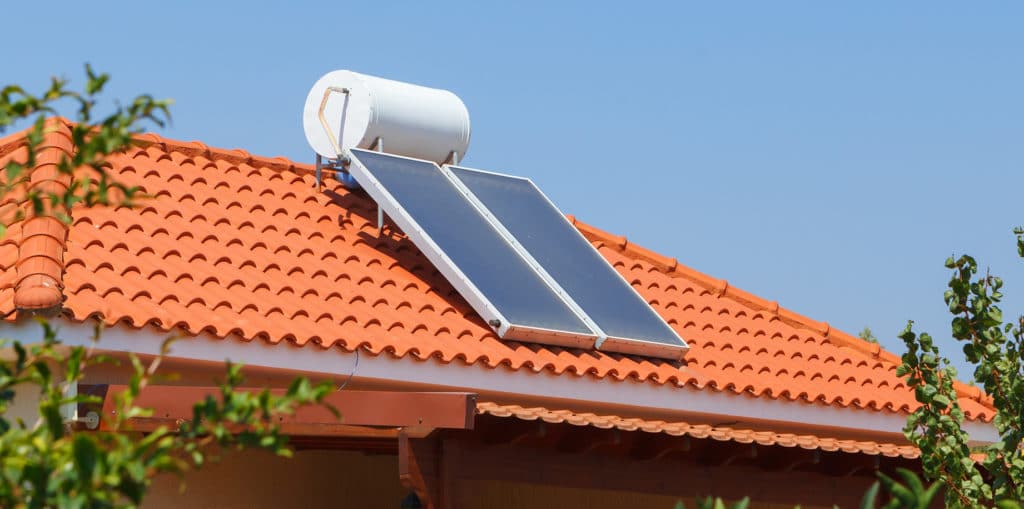
If you notice any damage to the panels, contact a solar technician for repair or replacement.
5. Check and flush the storage tank.
The storage tank is where the solar-heated water is stored. It’s important to check the tank regularly to make sure there’s no rust or corrosion. You should also flush the tank every few months to remove any sediment that may have accumulated.
To flush the tank, turn off the power to the system and drain the water into a bucket. Once the tank is empty, refill it with fresh water and turn the power back on.
Bonus tip: Prevent scaling by adding a water softener to your solar water heater system.
Scaling is a common problem in solar water heaters. It occurs when mineral deposits build up on the inside of the tank and pipes, causing the system to become less efficient.
One way to prevent scaling is to add a water softener to your system. Water softeners remove the minerals from the water, preventing them from building up on the surfaces of your solar water heater. Vinegar can also be used to remove scale, but it’s not as effective as a water softener.
Final Thoughts
Solar water heaters are a great investment for the environment and your wallet. By following these simple tips, you can ensure that your solar water heater is running at peak performance all year long.
